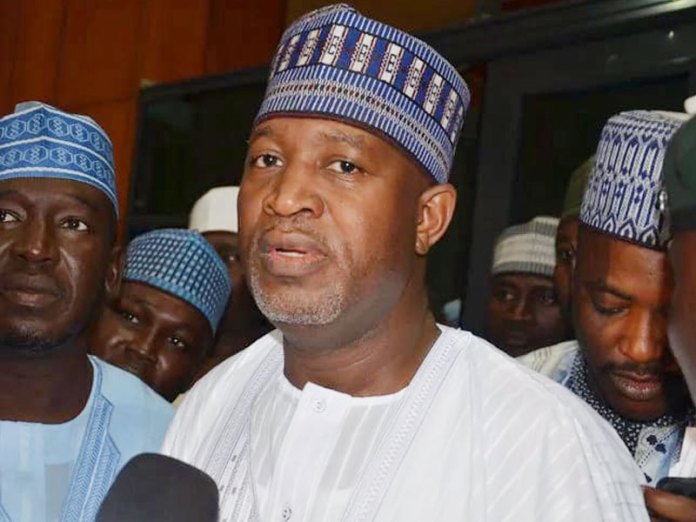- Aviation Workers Vow to Oppose Airports’ Concession
Aviation workers have vowed that they will continue to oppose the planned concession of major airports in the country, saying it would lead to job losses.
The federal government since 2016 had set out a plan to concession the airports and brings in private investors to expand and modernise its infrastructure in a public, private partnership (PPP) arrangement.
According to the Minister of State, Aviation, Senator Hadi Sirika, government would kick off the concession programme with the four international airports in Lagos, Abuja, Kano and Port Harcourt.
But aviation workers have insisted that they would not allow government to concession the airports, considering what happened to ex-workers of the defunct Nigeria Airways Limited (NAL), which was finally liquidated in 2004, without settling the workers of the national carrier.
They stressed that they do not believe the government would be sincere in paying severance benefits when the airports are concessioned.
Addressing members during the celebration of Workers’ Day on Wednesday, the President of the National Union of Air Transport Employees (NUATE), Mr. Ben Nnabue said: “My leadership is committed to the just cause of ensuring that the unjustifiable policy of concessioning the four major airports does not see the light of day. This battle shall be escalated in the coming days as we know that government is unrelenting on the matter.”
Nnebue in his speech reinforced the position of the workers’ opposition despite the overtures made by government for them to understand the benefits of concession.
A former National Secretary of NUATE, Olayinka Abioye had reiterated the position of the workers and stated that the decision of NUATE, other unions in the industry, and their national affiliates was to shut down all air operations if government decide to carry out the concession programme without carrying the workers along.
Abioye had said: “We are going to confront the government because what they are doing is fraudulent. We know that when concession is done transparently it is beautiful to behold and if concession is the key for infrastructural renewal, this is not the way to go about it. Sirika does not want to be a servant but a slave driver.”
The former NUATE national secretary said the unions and the workers did not support the planned airport concession under the present arrangement, unless there was transparent effort that also effectively took into account the interest of the workers.
“We have said no to concession. We are not unmindful of the benefits of concession when properly done, but this government wants to concession the four major airports in the country.
“But one of the fundamental questions is, what do they want to concession? Do they want to concession the terminals, the runways or the services? And they said that there won’t be job losses, but we know that all over the world there will be job losses when concession takes place.”
However, government said it is focused on the benefits of concession and as the new government is sworn into power on May 29 2019, it is believed it would swing into action with the process of concesioning the four major airports.
Government believes that concession would remove the funding of public infrastructure from government to the private sector and creates competition, more jobs and profitability, as concessionaires strive to modernise and expand such public utility.
Sirika recently restated the determination of the Buhari administration to concession the airports.
“I hope you have not forgotten that the major purpose of this government from the inception, as far as aviation is concerned, is to concession the airports. This is because we do not believe that government can effectively run these airports.
“We must have to work with the private sector in airport management. But because we are like social democrats, we don’t intend to cede the assets to private hands.
“We intend to concession it for a maximum period of 30 years. I am very sure they will be run very efficiently and the private sector will make their money and get the service that we need that has been eluding the country,” Sirika said.

 Forex3 weeks ago
Forex3 weeks ago


 Naira2 weeks ago
Naira2 weeks ago
 Billionaire Watch2 weeks ago
Billionaire Watch2 weeks ago




 Naira2 weeks ago
Naira2 weeks ago




 Naira2 weeks ago
Naira2 weeks ago




 Naira1 week ago
Naira1 week ago




 Naira4 weeks ago
Naira4 weeks ago




 Naira3 weeks ago
Naira3 weeks ago




















